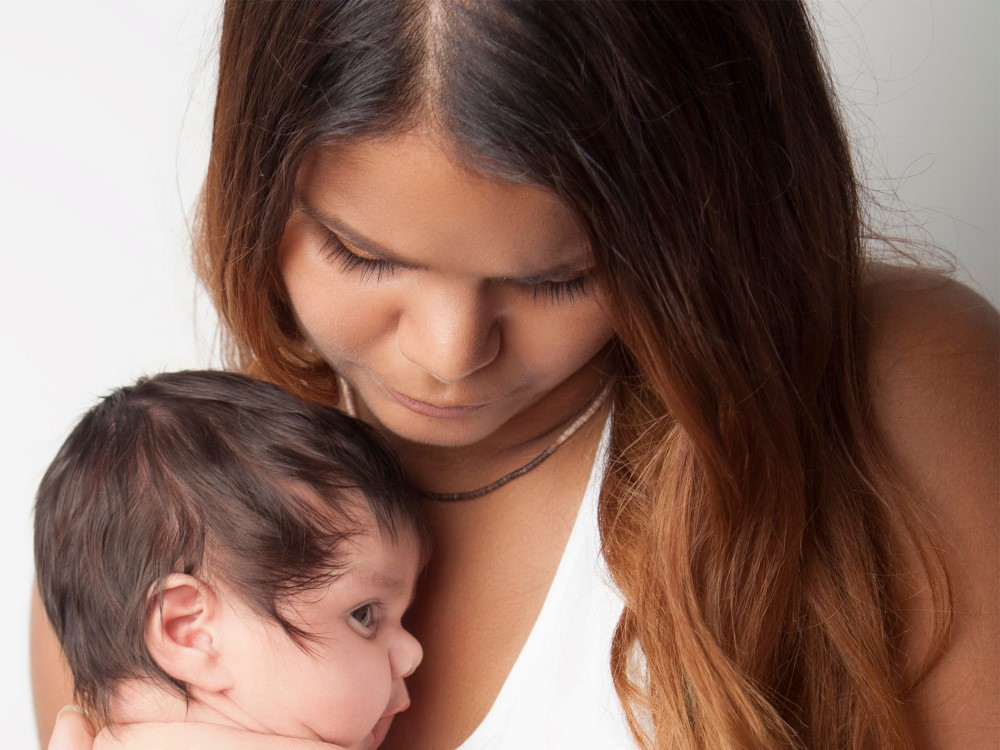
For more than two decades, the Family Wellbeing (FWB) empowerment program has provided a trauma-informed approach to healing for more than 5,400 program participants across 80 First Nations communities and organisations in all corners of Australia.
From Far North Queensland, to New South Wales, South Australia, and across to Northern Territory the community-driven program has developed a national network of researchers and organisations that are working to empower First Nations communities.
The program delivers workshops that enhances participants’ capacity to exert greater control over factors that influence their social and emotional wellbeing.
As a result, Family Wellbeing participants have reported positive outcomes, including a 13 per cent increase in family functionality, a 74 per cent increase in higher cultural participation, and 21 per cent improvement in levels of participation in local decision making.
The program has facilitated stories of transformation and change, with positive improvements in participants’ wellbeing and increased capacity for communities to achieve collective goals, including community-controlled health care and reduced suicide.
In Yarrabah Aboriginal community, for example, for every dollar of investment in delivering FWB between 2001 and 2021, $4.80 of benefits were produced for participants and the community.
The largest benefit of FWB is through the reduced prevalence of suicide in the community, representing approximately half ($8.67 million) of monetised benefits captured in the period.
The actual return of the program is expected to be higher if important community and cultural impacts of the program were to be included in the monetisation.